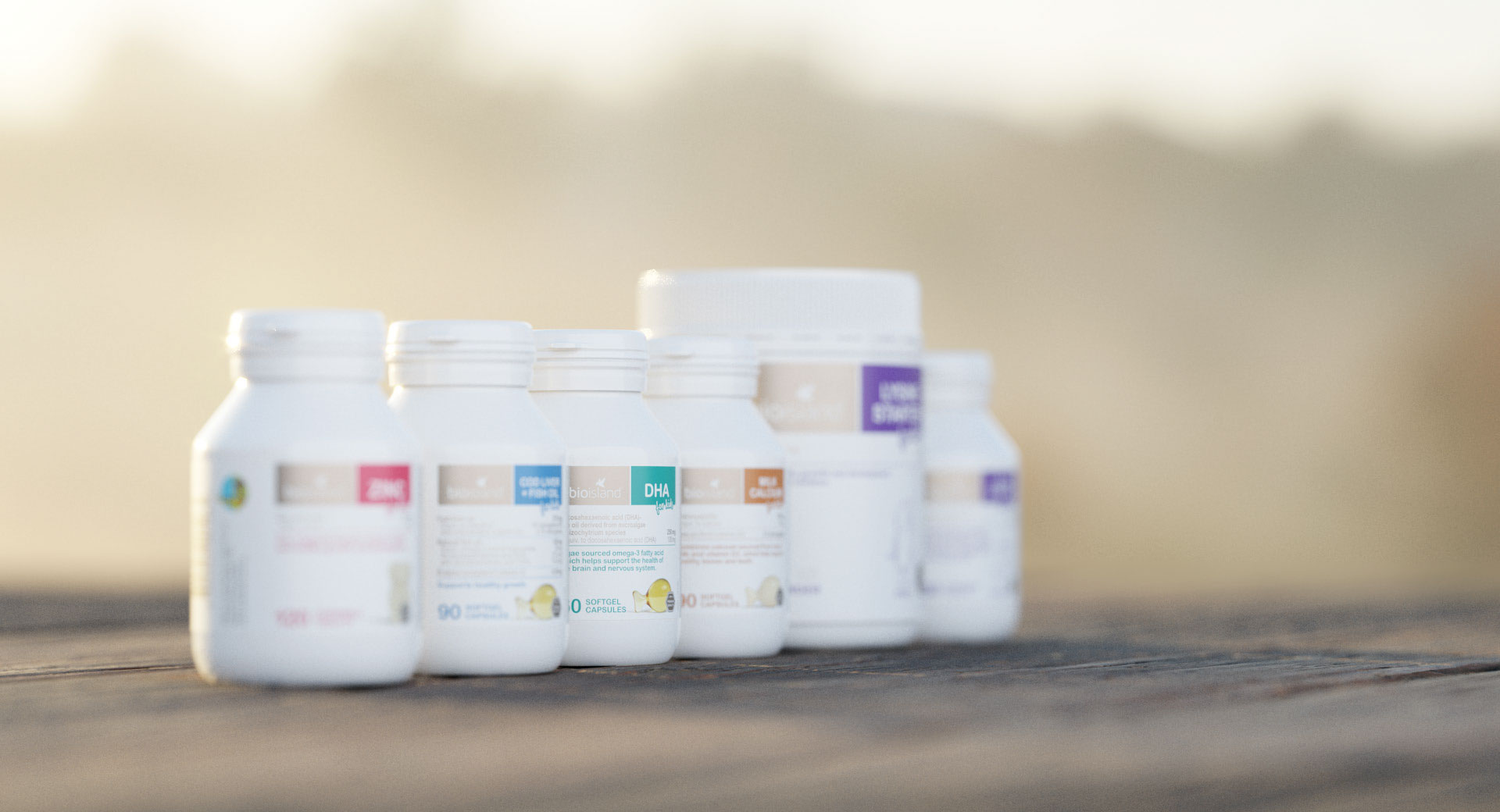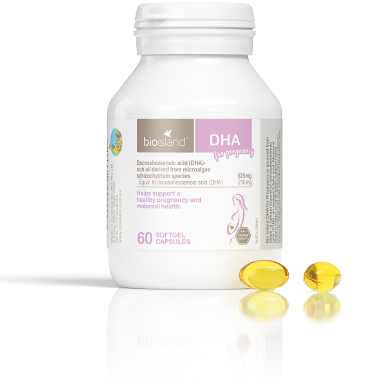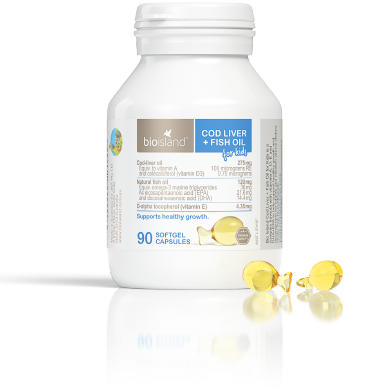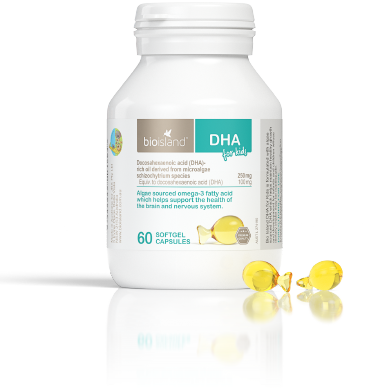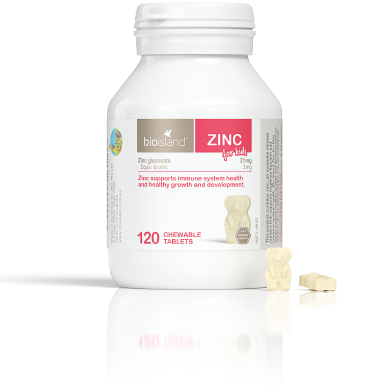
Good eye health habits
Whilst most vision loss is either preventable or treatable, it is important to ensure that we are taking good care of our eyes.
Whilst most vision loss is either preventable or treatable, it is important to ensure that we are taking good care of our eyes and instilling good habits when it comes to maintaining and protecting our eyesight.
Here are our top tips for good eye health:
- Eat a balanced diet
Focus on eating foods that are rich in nutrients such as omega-3 fatty acids, lutein, zinc, and vitamins C and E which may help against age-related vision problems like macular degeneration and cataracts. This includes foods such as salmon, green leafy vegetables such as spinach or kale, oysters or red meat, tomatoes, strawberries, nuts and seeds.
- Exercise
Staying active and maintaining a healthy weight is important as being overweight puts you at higher risk of developing a range of diseases such as diabetes which is associated with vision problems such as glaucoma.
- Regular optometrist visits
Schedule in regular eyes tests with your preferred optometrist and if you notice any changes to your vision seek help.
- Clean hands, healthy eyes
Before touching your eyes always be sure to wash thoroughly with soap and dry well. This is especially important when putting in and taking out contact lenses.
- Stay safe
Where required also use personal protective equipment including safety glasses to protect eyes from dust, dirt and debris.
- Be cool with sunglasses
Do not just slip slop slap but be sure to put on a pair of sunglasses to protect your eyes from the sun’s ultraviolet rays.
- Monitor screen time
Use settings on your device to reduce and monitor screen time. Ensure that you are keeping your eyes lubricated by blinking and take a few moments regularly to look away from your screen. In the evenings, use night mode on devices to reduce blue light so that you get a god night sleep.
- Butt out
Avoid smoking as smoking can lead to cataracts, macular degeneration and damage your optic never.
This information does not take into account your personal situation and is general in nature. You should consider whether the information is appropriate for your needs and seek professional medical advice.
Always consult your healthcare professional before taking any supplements or if any concerns arise.
